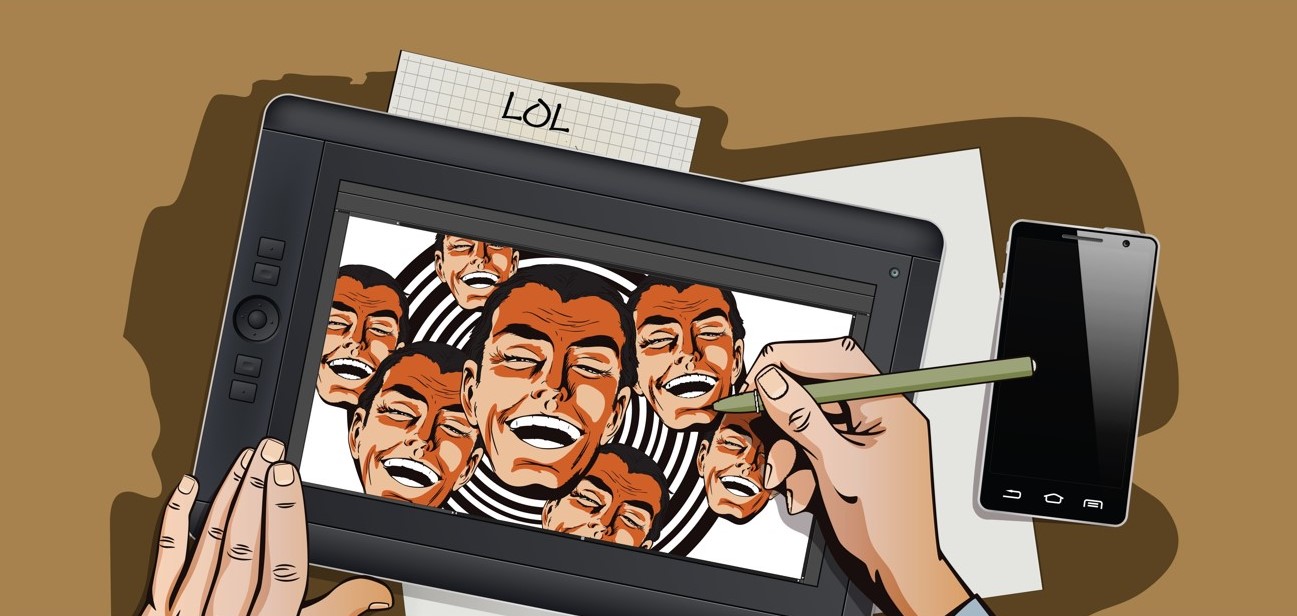Hong Kong, 28 September 2022: “Laugh, and the world laughs with you” goes the familiar saying. It is actually the opening line of Solitude, a verse penned in 1883 by prolific American poet Ella Wheeler Wilcox. Well, if not quite the world, our former Chief Justice Geoffrey Ma certainly had a packed audience at the China Club chuckling heartily last week as I conducted a “fireside chat” with him during a dinner organised by my firm.
Geoff was a brilliant interviewee, by turns wise, passionate, insightful and candid. But most of all he was funny, in a self-deprecating and modest way (certain self-important public figures could take note), lighting up our conversation with amusing anecdotes from his upbringing in the UK, early days as a barrister and stellar career in the Judiciary. Wine flowed, laughter filled the room and a wonderful evening was had by all.
There has been little to cheer about these past three and a half years, so our China Club soiree felt almost like a rebirth, a reminder of what this great city can be. Perhaps, also, it was a harbinger, for two days later our Chief Executive John Lee made the long-awaited announcement that Hong Kong was dropping its draconian – and widely-derided – mandatory hotel quarantine regime for overseas arrivals. Under the “0+3” plan, travellers only undergo three days of home monitoring for Covid-19. And they are no longer required to return a negative polymerase chain reaction (PCR) test before flying, instead a rapid antigen test (RAT) is sufficient.
So, let’s cut the new CE a little slack for delivering, in the words of Dr David Owens, “a public health briefing that is not a total disaster”. He has listened to the deafening demands for change, first scrapping the despised flight suspension mechanism, then reducing hotel quarantine from a week to three days, and now disposing of it completely. This is a marked contrast to his famously stubborn predecessor.
Laugh, and the world laughs with you. Hence, there were joyful scenes at Hong Kong airport on Monday as the new policy kicked in, with some passengers reuniting with families for the first time in more than two years. Relief has spread through the city. It was only last February that arrivals were required to undergo 21 days hotel quarantine.
But the latest relaxations are nowhere near enough.
Check the new policy, the devil is in the detail: you still need to do a PCR test (and hope it’s negative) on landing; you’re banned from bars, restaurants and other so-called high-risk venues for three days; you face the inconvenience of attending a clinic for further PCR tests on days two, four and six; and you must do a RAT yourself each day for a week. Welcome to Hong Kong.
Seriously, will tourists and business travellers tolerate this? Unlikely, says Willie Walsh, Director General of the International Air Travel Association, insisting the relaxed rules make little difference. “I have huge sympathy for Hong Kong and the airlines there, particularly Cathay Pacific and the airport. They are global brands who have been significantly damaged by some of the measures put in place that have been unique to the area and difficult for people to understand when the rest of the world was, in effect, operating normally.” OK, so there must at least be some science behind these new measures? Er, no, according to University of Hong Kong epidemiologist Professor Ben Cowling.
Then there are the ongoing restrictions for citizens, none of which can be justified: mandatory mask wearing, outdoor group gathering limit of four people, compulsory use of the LeaveHomeSafe app to access almost any type of public venue and the ridiculous requirement to produce a negative RAT before entering a bar (but not a restaurant) or when dining in a group of more than eight. We are not back to normal, Monday wasn’t “freedom day” and our civil liberties continue to be stifled.
“Weep, and you weep alone” is the second line of Solitude. Almost half of this city’s secondary school students are showing symptoms of depression, according to a survey by the Baptist Oi Kwan Social Service. They are most upset about Covid, their education and the state of society. Meanwhile, an index released by Lingnan University measuring the happiness of schoolchildren from Primary Four to Form Three has dropped for the first time in four years, with stringent pandemic measures partly to blame. “Too many closures and inhibition for people meeting one another was a big concern, which could spill out to things like more child abuse and domestic violence,” notes index coordinator Professor Ho Lok-sang. Yet we continue to place restrictions on face-to-face classes in schools.
Perhaps the Rugby Sevens, being played for the first time since April 2019, will cheer up citizens. The scaled-down showpiece (only 16 men’s teams, as opposed to 28 last time, and no women’s tournament) will take place on 4-6 November. Fans will need to wear masks and sit in groups of eight or fewer. They will be allowed to drink but food service is forbidden. Let’s see: the only way to get around the mask rule so you can properly enjoy yourself is to drink non-stop, but you can’t eat. What could possibly go wrong?
Having dropped the ball, Hong Kong is belatedly picking it up. However, it does so while persisting with pandemic policies which are unscientific, unrealistic and unsustainable. What happens when you do this? I’m sorry, but – to tweak Ella Wheeler Wilcox’s famous adage – the world laughs at you.
Stay safe and well, everybody!
Colin Cohen
Senior Partner
Boase Cohen & Collins



